Lesson 1: What Camera Am I Using? - Part 1: The Smart Phones
You may skip this part...:
MAJOR SPOILER IN THE HEADING, though.
"What camera do you use?" "How much did you spend on your gear?" "Do you use a flash?" "How did you get that shot?" These are just some of the most common questions people ask about my photography. Some might be wondering if I'm using the 70D or the D7200. Well, quite far from those. This topic of what cameras I use will be covered in Lesson 1/Part 1 (below), Part 2 and Part 3 and Part 4! (yes, that means you must not miss the next three posts!).
Before I get to the first camera, I'll address the other questions very quickly.
So, how much did I spend on gear? Zero. I mean, I don't have money and I'm just borrowing a £575 entry-level camera, which is relatively very cheap for professional photography.
Do I use flash? Not usually. I'm a fan of natural lighting.
How did I get that shot? Which? Let's talk about that on another time. Yes, that means tutorials are coming soon!
Let's Get Started!
I'm not using just one camera. I use many cameras. You might be surprised that I don't always use a dSLR.
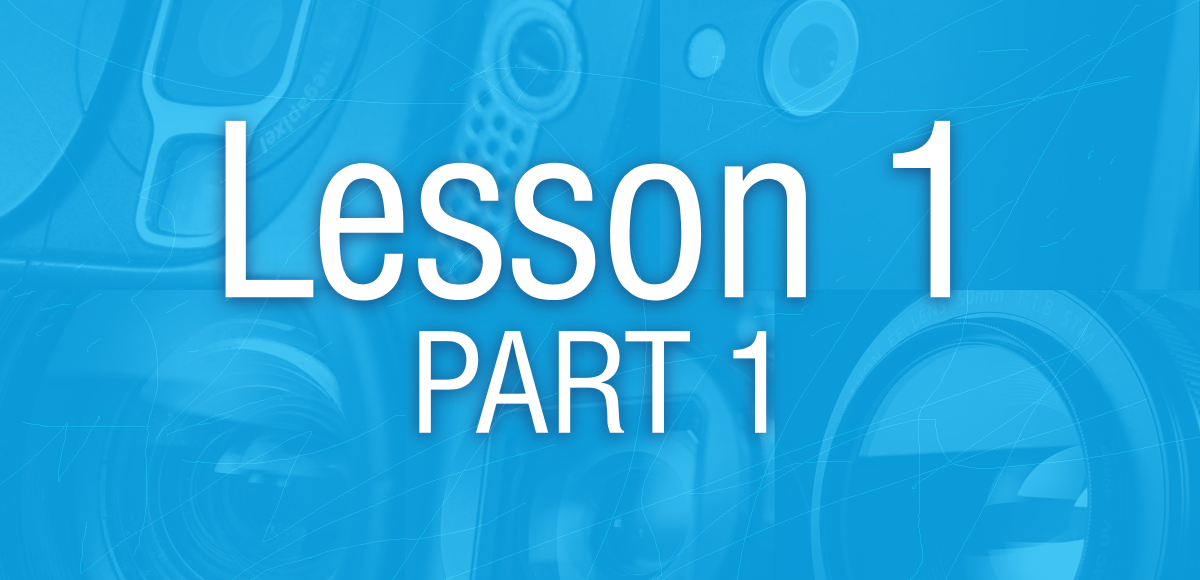
Ideally this should somewhat be a lengthy post but I’m keeping this short and less tedious for those who enjoy ice cream and pasta than lenses and shutter speeds. Let’s start with my first camera, a Nokia smartphone.
The Nokia N73
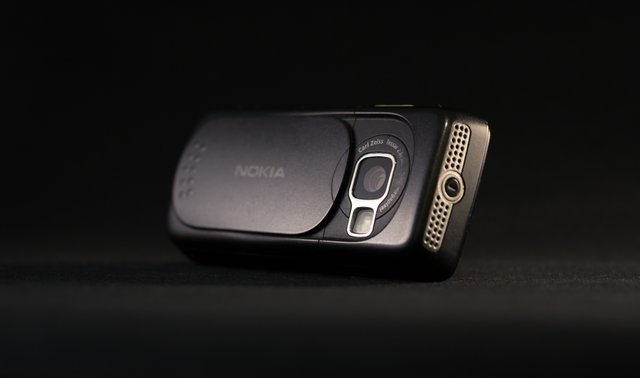
This 3.2 megapixel camera-phone does not only shoot crisp images but also excels in focusing on subjects, thanks to the Carl Zeiss lens and technology. There is no better way to explain this than to use actual shots:
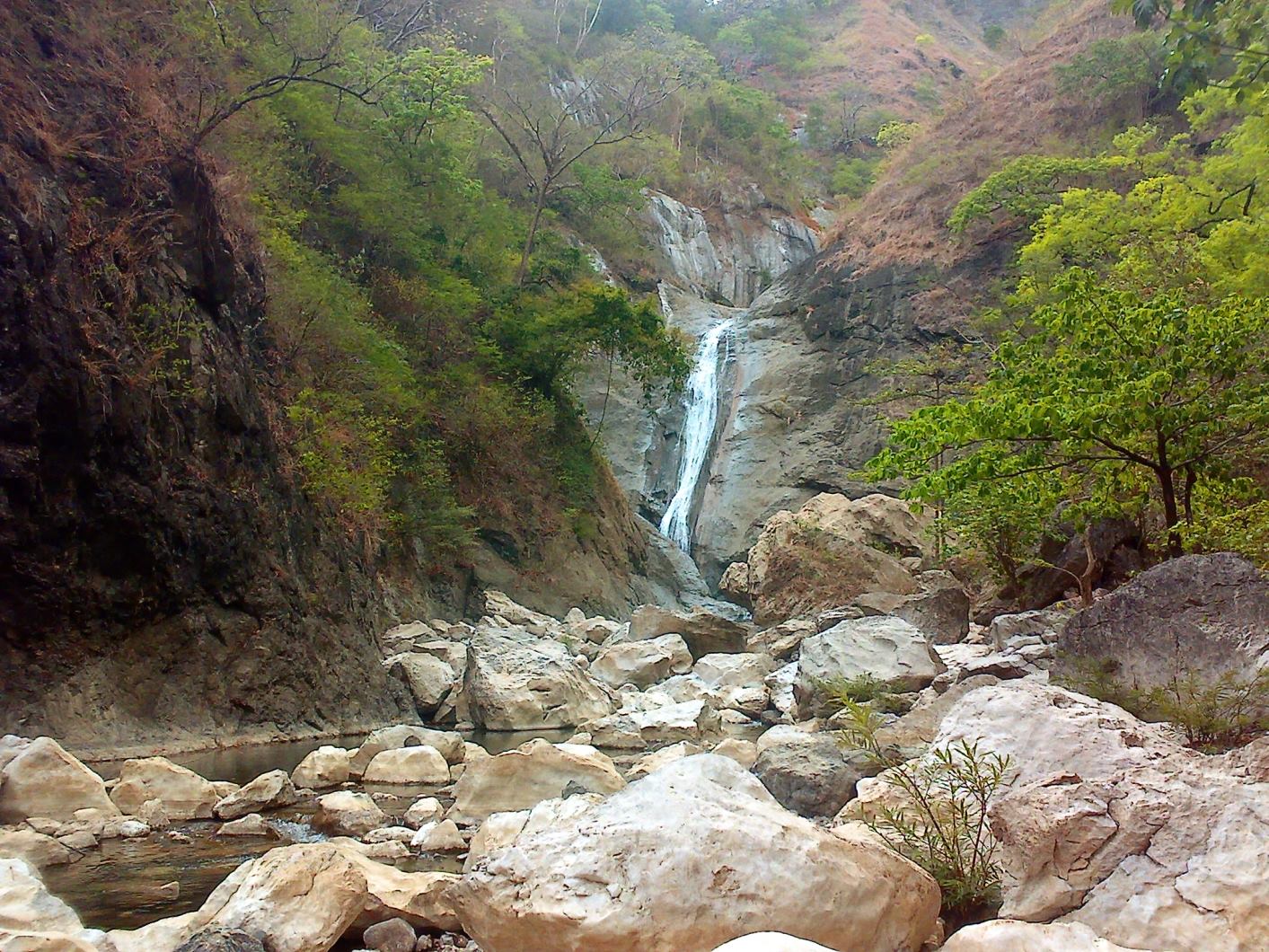
I snapped this photo while I was on a hike. It may not be the best image quality to expect but the color depth well exceeds my expectations. Taking snapshots is all about preserving memories, and I think the N73 did it well.
I also used the same camera for a special project called “The MicroWorlds:”

Mounted on a microscope, the Nokia N73 is your amazing friend. Of course these images were processed to reach the project’s objectives, but the thing is that the Carl Zeiss technology is pretty impressive to focus on the right things and preserves awesome details. With the images above, I believe you can agree that the N73 camera is one rare powerful tool.
The ASUS ZenFone 5
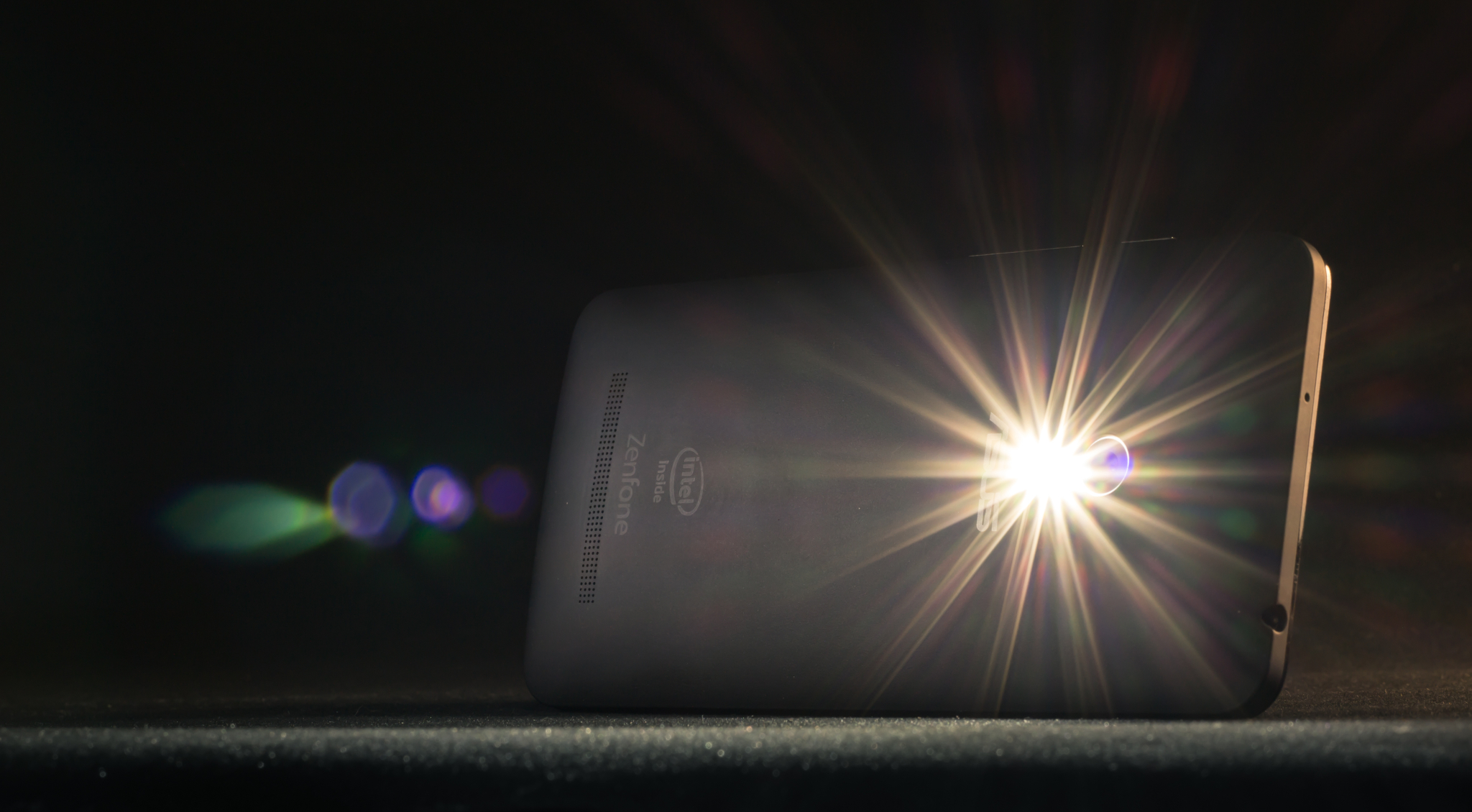
So I got a newer phone back then (it's old now). I tried to do a similar project I did with the Nokia N73, but the ZenFone did not seem to enjoy it a bit. So I used it for what it does best: Instagrammable photos. Not too bad, though:

Objects, food, and trips are some of the best subjects for the ZenFone. I’ve noticed it handled images well under moderate lighting only; that is, this camera phone is not a friend with sunsets.
And, for students of life sciences who do imaging studies, you might ask how well it goes with the microscope. I have to say it doesn’t do too well. I have to process the images a little bit further just to get a decent result and there’s no guarantee the process will always work. You might consider using an iPhone to get better results. Anyway, the image below is one of the best I got so far:
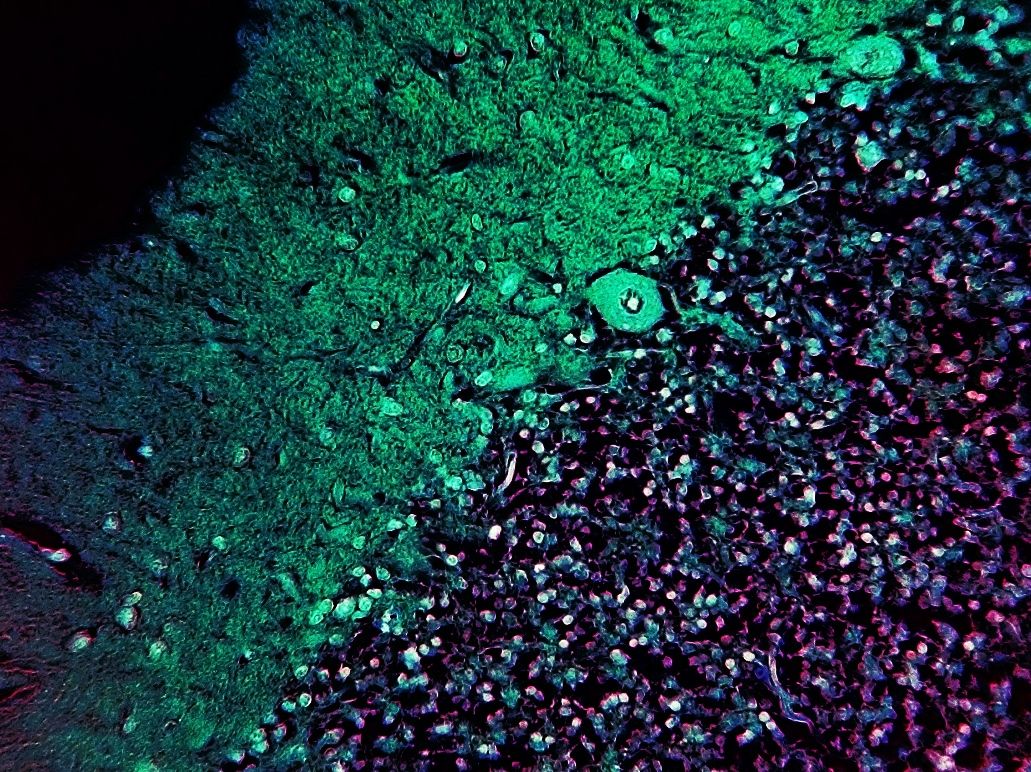
A quick inspection shows some aberration at the edges of the image and some lack of cellular details. This is due to the graininess of the image, such that details tend to disappear. (By the way. That picture? That's found inside your head—in your brain!...of course with a different color.)
But not too bad for a £100 camera-phone, right? Let me know what you think in the comments section below.
So there we go: two smartphones of yesterday. Smartphones of today boast better cameras, but the key to capturing good images depends on how good we are at using the limited features. And if you know the principle behind the feature, you'll get amazing results.
You may drop your questions below.
Up Next...
In Part 2, I will introduce to you one of my all-time favorites: a bridge camera. See you in the next post!